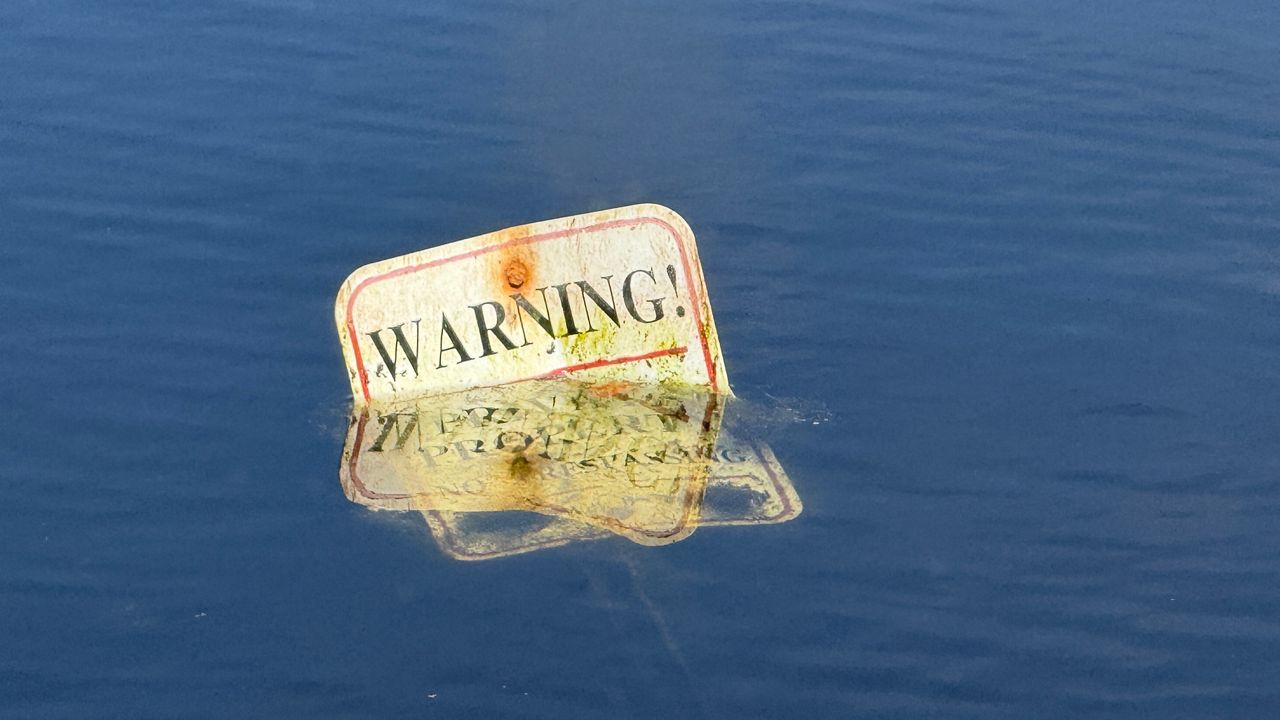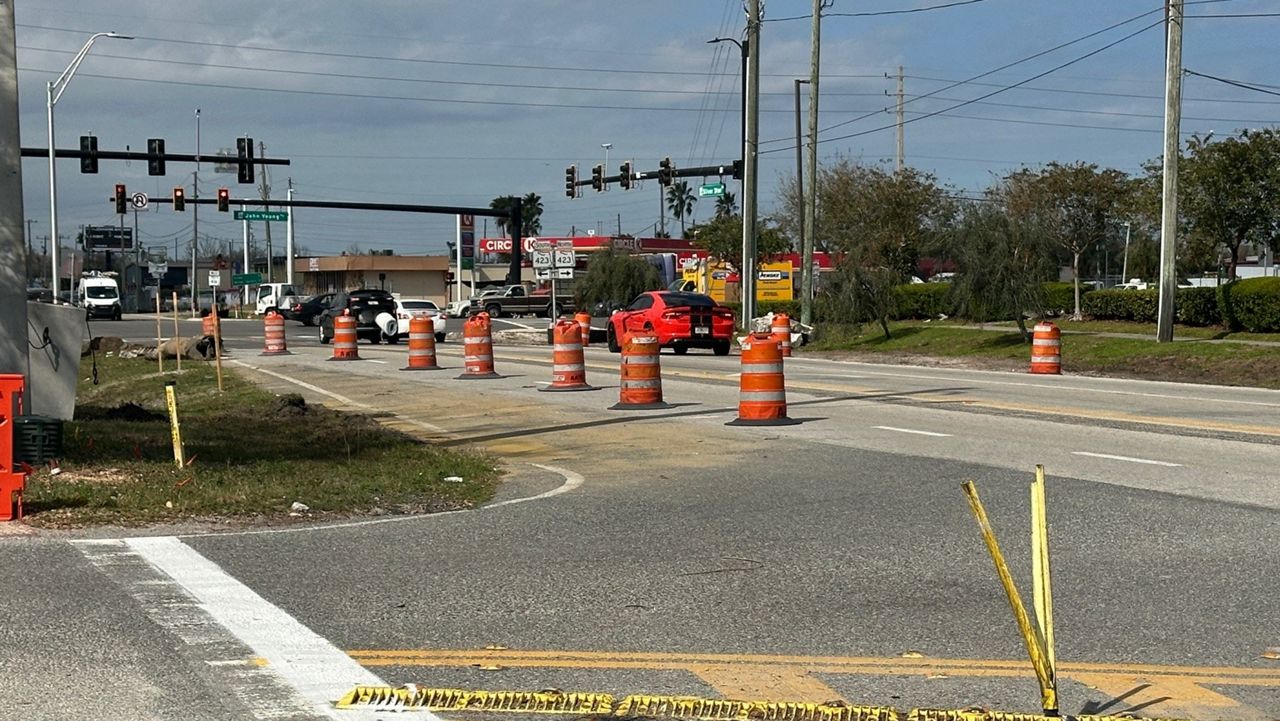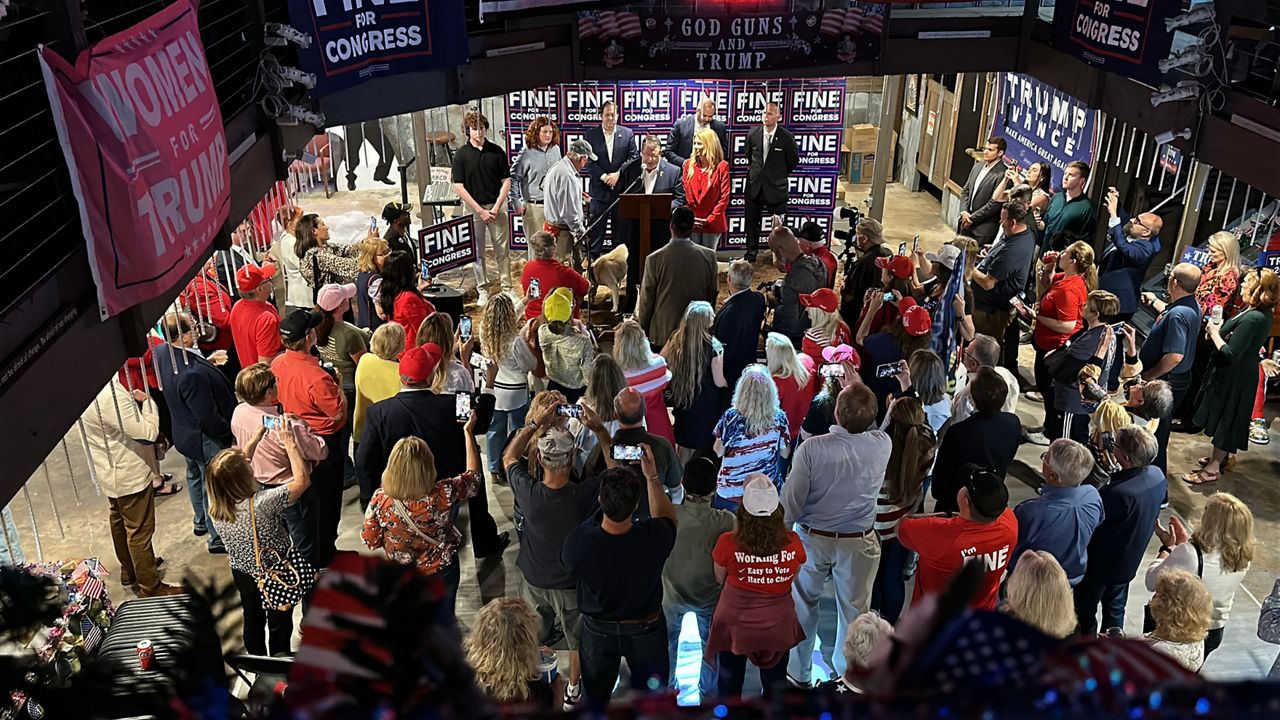EATONVILLE, Fla. — The nine-person task force guiding the creation of Florida's Black history museum voted Friday on its draft recommendation for where the museum should be built.
Despite strong support to place it in the historic Black town of Eatonville, the group chose to keep its prior ranking, with St. John's County claiming the top spot in its recommendations. Eatonville placed No. 2 in the 400-page draft recommendation report, the length of which prompted the task force last week to delay its final meeting. It was required to submit its final recommendations before July 1.
"The constituency in this particular instance are the people of Florida, who have given their input, and we have not, that I see, we have not reflected that in any way, in terms of the recommendation," said Geraldine Thompson, chair of the Florida Museum of Black History task force and the Democratic state senator representing District 15 that covers part of Orange County.
In terms of input, Eatonville led the survey responses with 528, and St. Augustine/St. John's County had 270.
The task force's recommendation report now must be presented to Florida Gov. Ron DeSantis, the state House speaker and the Senate president. The Florida Legislature will make the final decision on the location of the museum.
Many Eatonville residents remain hopeful that the town, the nation’s first Black-incorporated municipality and rich in African American history, receives recognition.
“This is where the store used to be," said resident Wilton Woods, pointing to a spot alongside the main road that runs through the town. "Was called Reaves Store, and on the side of it was a little restaurant."
Woods moved to Eatonville in 1962, and members of his family still live in that house on Campus View Drive. But much of what he remembers used to be in the town is gone now.
“We had it all. We had James Brown come down to this club," he said. "We had movie stars in the Rainbow Room. You had an upstairs, I mean, people was all over here.”
The building where the Godfather of Soul once performed still stands, but the candy store, filling station and fire department do not.
“Vacant lots been here for a while,” Woods said. “It don’t seem like it grew. It seemed like it went down instead of growing. And that is frustrating.”
The hope of many residents and business owners is a Florida Museum of Black History could help revitalize the town.
Its location is in the heart of Central Florida, a tourism hub, and ample land is available to develop, not just for a museum but for jobs to be created and homes to be built.
“That would make a lot of sense," Woods said. "Thousands of people driving by and then see that up here. Oh, they would want to stop because they would be curious.”
Dr. Candace Finley, chosen by Eatonville to present the town to the task force as a possible a location of the museum, also grew up there and still is a resident.
On Friday, she shared a different vision for development in the town, not necessarily a museum.
"(An) Amphitheater, surrounded by, I guess, an urban garden experience," Finley said. "We have a lot of issues with affordable housing, so a tiny home community aligned with a working farmers market of farm-to-table that feeds the community.”
Those are options, but Eatonville residents are eager for some positive development — and for it to happen soon.









history_museum)